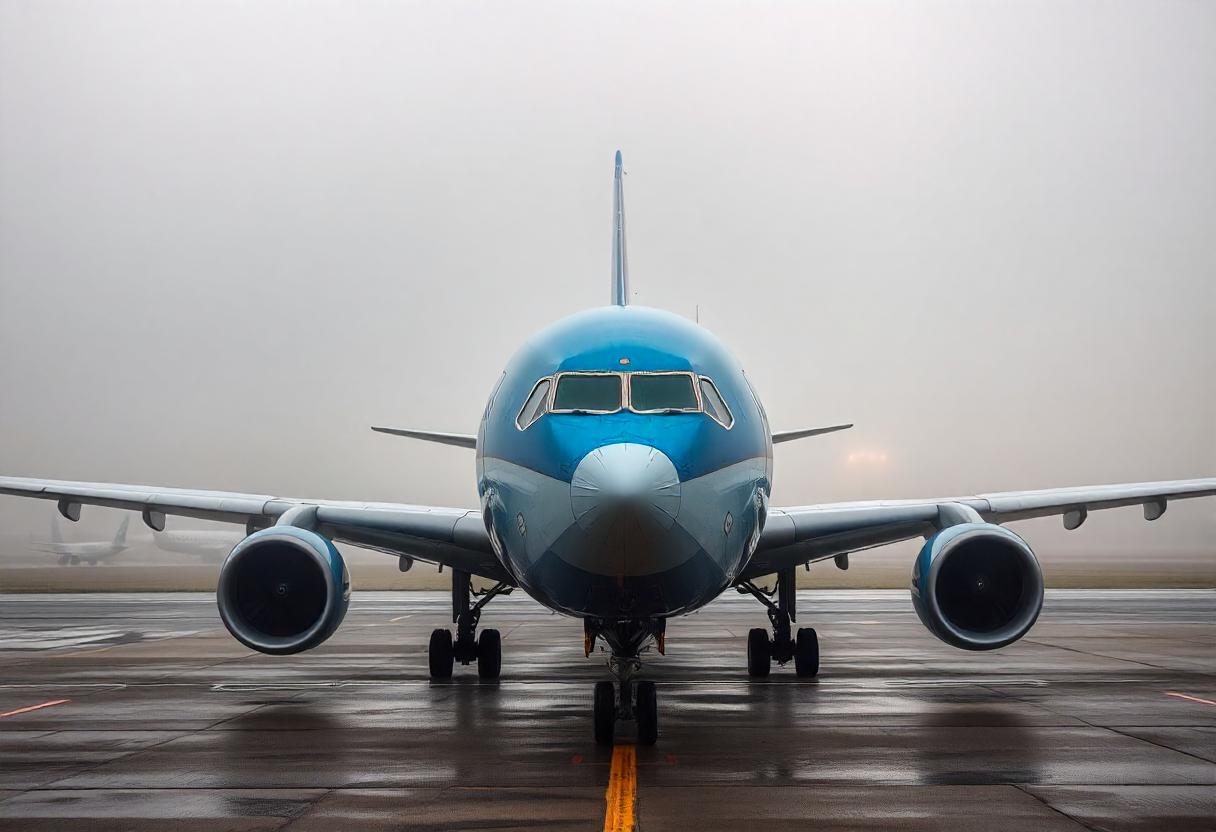Travel
Man jumps to death from world’s largest cruise ship

The Royal Caribbean Icon of the Seas cruise ship docked at Port Miami in Miami, Florida. Image / Getty
A recent cruise began with a tragedy after a passenger was discovered dead just hours after the ship departed on a week-long sailing.
The man, who remains anonymous, jumped off the world’s largest cruise ship, Icon of the Seas on Sunday morning, after it departed Florida, New York Post reported.
The 20-deck high ship, which accommodates more than 10,000 people, was scheduled to sail around the Caribbean for seven days, stopping first in Honduras.
After realising the man was missing, just 480 km from Port Miami, the cruise ship sprang into action.
“The ship’s crew immediately notified the US Coast Guard and launched a search and rescue operation,” Royal Caribbean Cruises, which owns Icon of the Seas as well as other large ships.
The man was later “pronounced deceased,” the Coast Guard told the New York Post.
Read More: What it’s like aboard the world’s largest cruise ship, Icon of the Seas
Following the incident, the ship’s journey was halted for two hours during the search, then continued to the port of Costa Maya, Mexico, according to tracking data from CruiseMapper.
Royal Caribbean Cruises said the care team is “actively providing support and assistance” to the man’s family and friends. “For the privacy of the guest and their family, we have no additional details to share,” they added.
A little over a month ago, on April 4, another male passenger reportedly jumped off the Royal Caribbean cruise ship, the Liberty of the Seas. Levion Parker, 20, is believed to have gone overboard during a trip around the Bahamas with his family.
Despite launching a search and rescue mission immediately after Parker was reported missing, it was suspended after five days. Parker remains missing.
Fortunately, instances of passengers jumping or falling off cruise ships are extremely rare. In 2023, 31.5 million people took a cruise while an average of 19 passengers go overboard annually. In other words, 0.00006 per cent of passengers.










